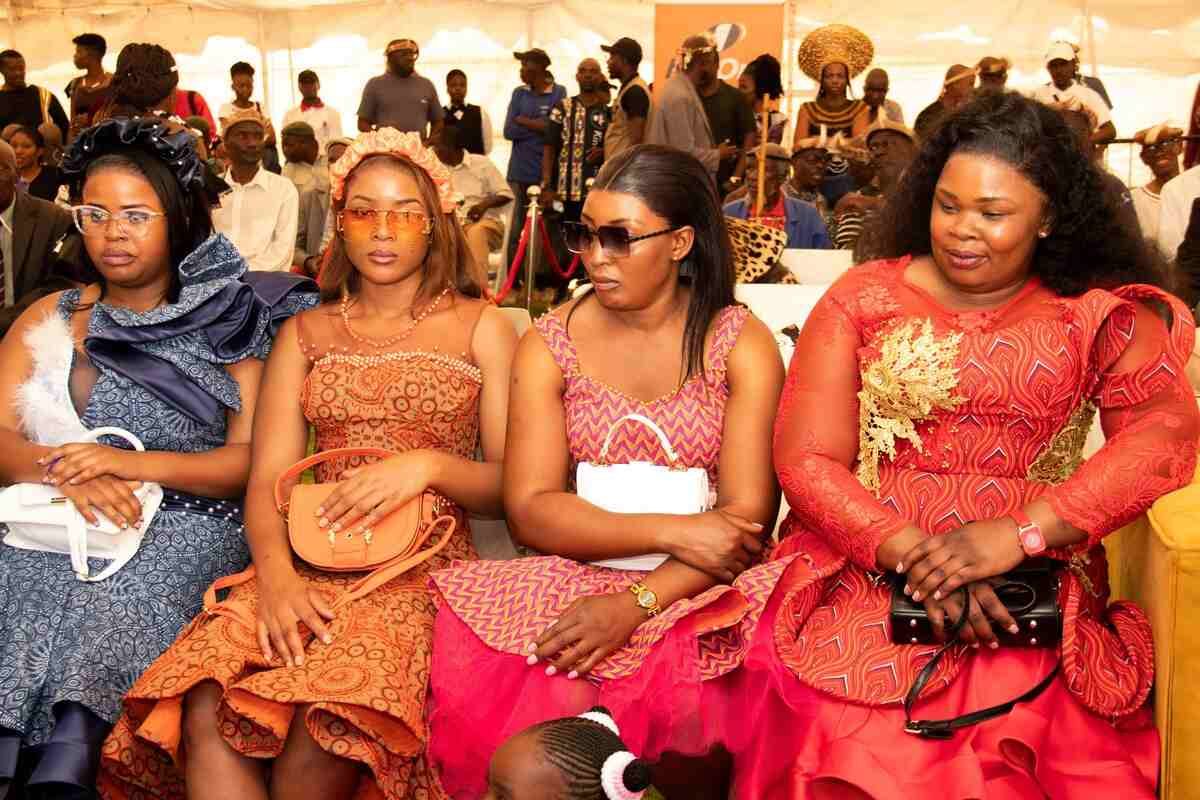In a world that often challenges traditional African values, Dr Solwayo Ngwenya, a Zimbabwean medical practitioner, businessman, and father, stands firm in his conviction: polygamy is not just a lifestyle; it is cultural preservation.
Fresh off receiving the Distinguished Medical Doctor, Researcher, and Academic Award at the 2025 Imiklomelo kaDakamela ceremony in Nkayi, Ngwenya isn’t just healing bodies; he’s restoring what he believes is the spiritual and cultural foundation of African society.
“Polygamy is one of the cornerstones of our culture as it helps build isizwe,” he told The South African in an exclusive interview. “Culture defines people. People without a culture are a lost cause and may not survive very long into the future. So, for me, these are sacred and cannot be negotiable.”
A Legacy Rooted in Tradition
Raised in rural Lupane, in a polygamous family displaced by colonial resettlement, Ngwenya grew up among cattle, clan wisdom, and the oral histories of great ancestors.
“We were born into these [traditions], and we have to practice them,” he says. “I saw some of the good facets of true African family values and culture as a young boy herding cattle.”
That foundation would later shape his worldview as a man and a future leader of a large family and a community.
Polygamy and the Dream of a Big Family
Ngwenya is currently married to four wives, each contributing to the strong family unit he envisions. For him, polygamy is not about indulgence but structure, legacy, and continuity.
“Polygamy should not be debated. It’s part and parcel of our culture. Our culture is sacred. It is cultural preservation, full stop.”
He doesn’t rule out extending the family further.
“A fifth wife currently has no active plans,” he admits. “But my idea is to grow a strong, big family. That may take up to six wives, etc. We will see what the future has for us.”
It’s a statement that echoes the philosophy of South Africa’s Musa Mseleku, a fellow polygamist and reality TV star who also advocates for large, culturally grounded families. But where Mseleku’s life is broadcast in episodes, Ngwenya’s unfolds quietly, steeped in tradition and community work.
Polygamy Meets Purpose: Healing Through Culture
Although his views on family structure are traditional, his professional accomplishments are deeply modern. Driven by a desire to help others, Ngwenya pursued medicine to address the healthcare needs of his people, especially women.
“I went into medicine motivated by a deep desire to help heal people,” he says. “I’ve gone on to build a hospital mainly for women. This helped women give birth safely here in Bulawayo instead of travelling outside the country for such services.”
What are your thoughts on polygamy in today’s world?
Let us know by leaving a comment below, or send a WhatsApp to 060 011 021 1.
Subscribe to The South African website’s newsletters and follow us on WhatsApp, Facebook, X and Bluesky for the latest news.
